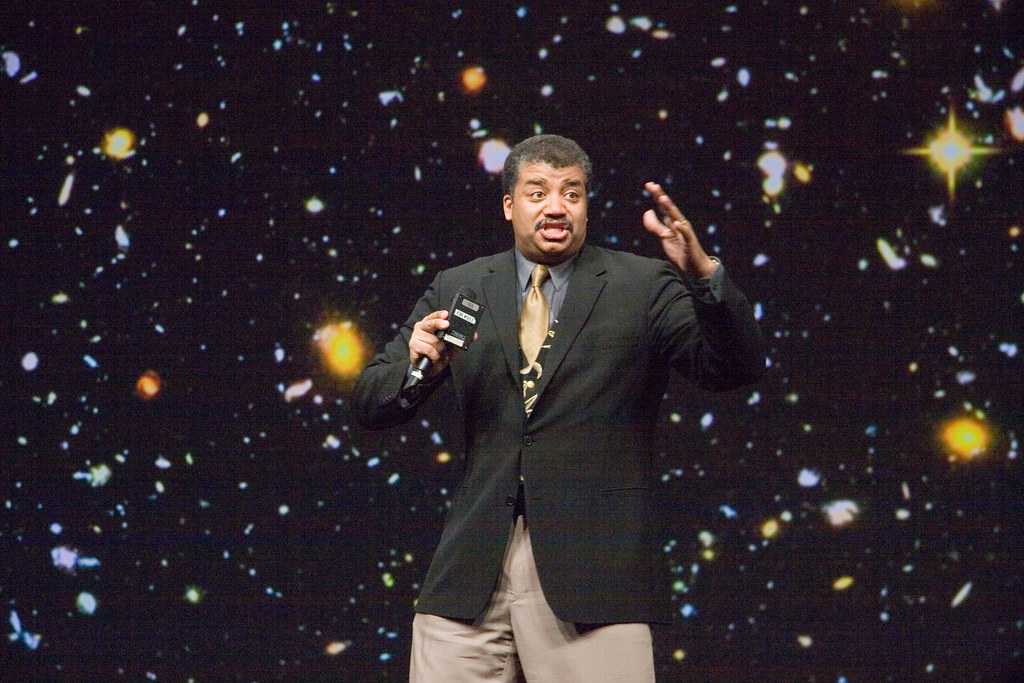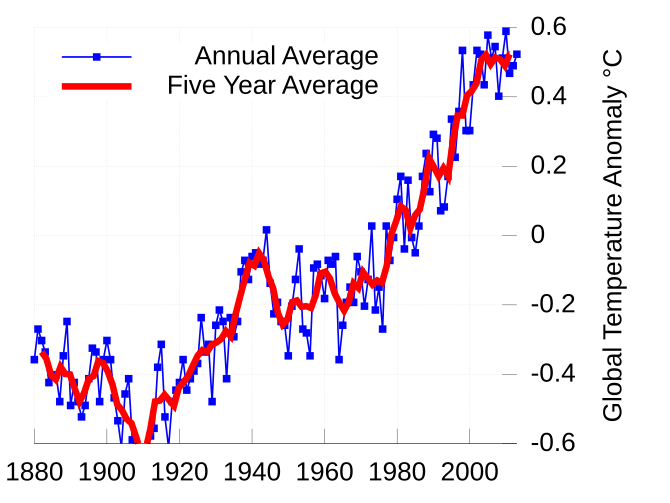Not that long ago, I would have described myself as a ‘climate change agnostic’. I say agnostic because, quite frankly, I honestly didn’t know what I believed. I certainly do not have the academic background to objectively critique the scientific evidence and I remember too well the “Y2K Bug” scare of 15-years ago; about how airplanes would drop out to the sky on 01/01/2000, trains would grind to a halt and our civilisation as we know it would fall apart. Everyone was convinced that the threat was truly real, scientists included.

Let’s face it, it’s the times that science, i.e., scientists, got it wrong that are always remembered. We take for granted the millions of times they got it right. So, when the conversation about climate change went from a whisper to a dull roar, and the science was not being clearly articulated, people became confused. I mean, how can anyone predict climate change several years or decades down the line when the weather next week is a crap shoot?

I’ve done a lot of reading and now am certain of two truths: 1) our climate is changing more rapidly than anytime in our recorded history and probably at anytime in the 4.5 billion year history of this planet; and 2) I have no doubt whatsoever that humans are the cause; specifically our burning of fossil fuels. But, if you had any smidgen of doubt of these two facts, you should watch the episode of “Cosmos a Spacetime Odyssey ” that aired on Sunday, June 1, 2014. Neil Degrasse Tyson presented the main evidence, and debunked other alternate anti-climate change arguments, in a clear and easily-understood presentation. And, he showed how ‘climate’ differs from ‘weather’, explaining how the former is completely predictable while the latter is virtually unpredictable.

So, if climate change is not only real and happening now as you read this, why is it that out of all the possible scientific facts that we currently know that could be the subject of trumped-up controversies, e.g., is gravity real or does the earth suck?, why have the climate change deniers chosen to focus on this scientific fact? The simple answer is: nobody makes any money from denying gravity exists, or from creationism, or most other wacky, new age ideas. But a relatively small, but powerful, group of people make a boatload of money from extracting fossil fuels from the earth and selling these to a public who is convinced there is no other way to fuel our energy extravagant lives. This in spite of the fact that we are bathed in the obvious alternative up to 15-hours a day: sunlight. We’ve known we can replace fossil fuels with solar energy for over 100 years, yet the efforts to move forward have been small and piecemeal. The sun also drives the wind and that is another benefit of solar energy. Both solar and wind energy are *free* and there is literally an endless supply, at least as far as humans are concerned. There is no doubt they will outlast our species but if we do not make significant changes in how we source the energy we need, we won’t be around nearly as long as we think.







